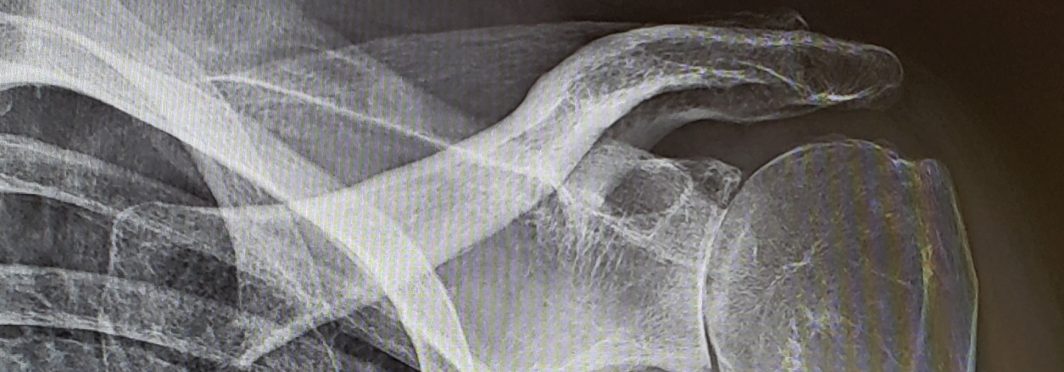“This can’t be happening,” I thought as I sat on the gurney, confirming to yet another medical professional that my left shoulder was the one about to be replaced.
I couldn’t shake the pervasive sense of unreality that shrouded me. There was no reasonable explanation for why all the cartilage in my left shoulder had fled. No accident. No injury. But, just like writing a book, bone-on-bone has a way of shaping one’s existence and one’s decisions.
Four and a half weeks into my recovery, I now realize how similar the entire shoulder-related process has been to writing a book. And no, for those of you who are wondering, I’m not still on pain meds. The narcotics only lasted two and a half days.
Stay with me and you’ll understand.
In the months and even years before the surgery, my shoulder kept nagging me. At first, the call was weak and sporadic, and so was relatively easy to ignore. As it grew stronger, I tried to appease it with endless visits to a variety-pack of physical therapists and massage therapists specializing in everything from deep tissue to trigger point. All of which helped a little, but not enough.
At the insistence of a friend who happens to be my trainer, I eventually gave in and got an x-ray. To be honest, I hadn’t wanted confirmation that I couldn’t refute, confirmation that would force me into action. But eventually, I had to face the truth.
Even then, I balked. Perhaps there was enough cartilage left for warm laser treatments to help. They didn’t, but that didn’t stop me from considering other options like myofascial and PRP. Finally, when the intensifying pain began interfering, not just with my waking hours but with my sleep as well, I faced the fact that the old shoulder was no longer serving me and had to go.
It may take me a while to get there, but once I commit, I’m all in. I checked with the various friends who would be caring for me in the days after my operation and then booked a surgery date just three weeks out. No point in putting things off; I’d done that long enough already. Then I started laying in all the supplies and equipment I would need, including buying a large freezer to hold all the meals that I had already started to cook for myself. Life was going to shift in a significant way, I realized, and I needed to be ready.
I was prepared for that first week to be crazy painful. It wasn’t. In fact, the pain was so minimal that after five or six days, when my string of caretaker friends was no longer necessary, I tried to do a little too much. When you’re ridiculously independent and used to living alone, that’s just what you do. Except that with shoulder replacement, over-reaching like that, especially early in the recovery process, can cost you big. So I was pretty relieved when the x-ray a few days later looked fine.
In hindsight, scaring myself early on may have been the best thing I could have done. In the weeks that have followed, I’ve been a model patient. I go to my physical therapy appointments. Despite certain discomfort, I do my home exercises. All of them. And while I do what I can one-handed, I ask for help with the rest.
So how does this all relate to the book writing process?
Most of us don’t just start writing a book the moment we get an idea. Instead, we tuck away that inspiration until it cries out loudly enough. Even then, we usually don’t jump in. We wait and wait and wait until writing finally becomes more acceptable than not writing. At that point, if we’re smart, we realize that priorities have just shifted.
The book writing process is going to require us to make room for it in our daily life, and those accommodations aren’t always going to be easy or comfortable. It’s going to push us, and test everything from our capabilities to our resolve. Though we’ll do what we can with the skills we have, it will behoove us to ask for help so that we don’t crash and burn. And in the end, we’ll realize that while there’s a lot of work and undoubtedly some pain ahead, the journey will ultimately be totally worth it.
I congratulate those of you already committed to the book writing process and urge the rest of you still resisting the call to take the plunge. Sometimes, as I’ve recently rediscovered, the waiting is harder than the deed itself.



Sorry, comments are closed for this post.